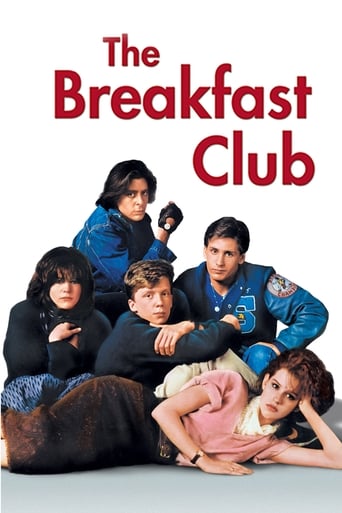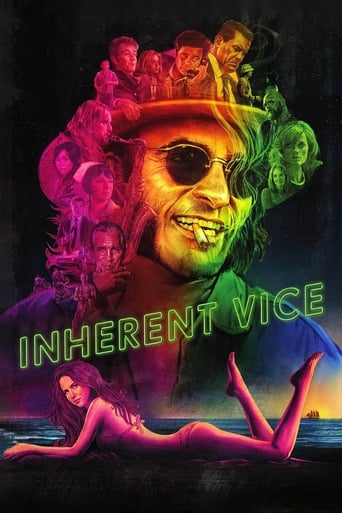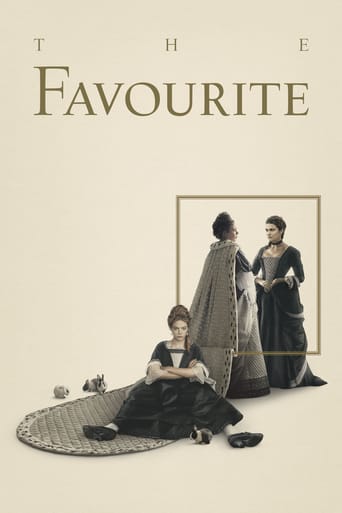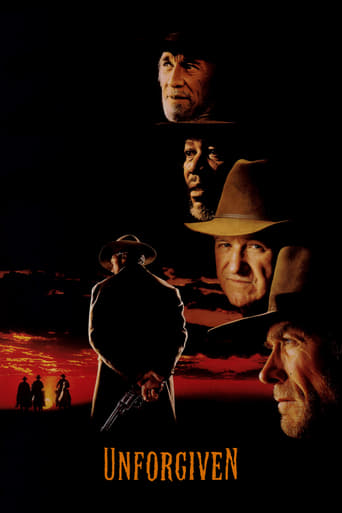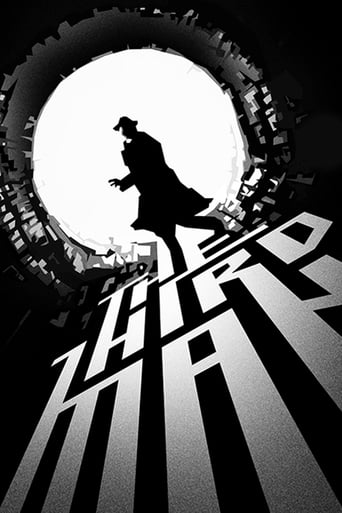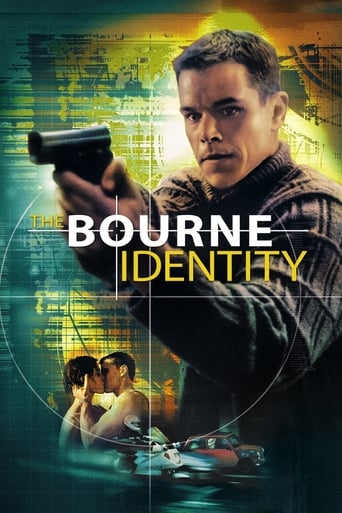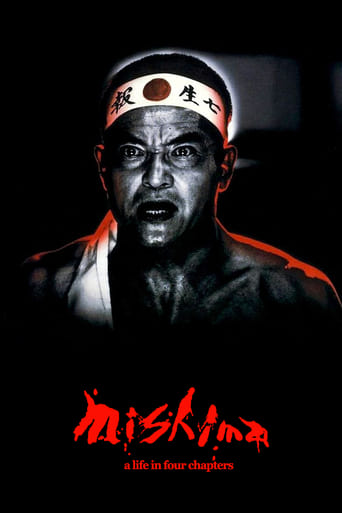


Mishima: A Life in Four Chapters
A fictional account of the life of Japanese author Yukio Mishima, combining dramatizations of three of his novels and a depiction of the events of November 25th, 1970.
-
- Cast:
- Ken Ogata , Go Riju , Masayuki Shionoya , Hiroshi Mikami , Junkichi Orimoto , Yuki Kitazume , Haruko Katō


Similar titles


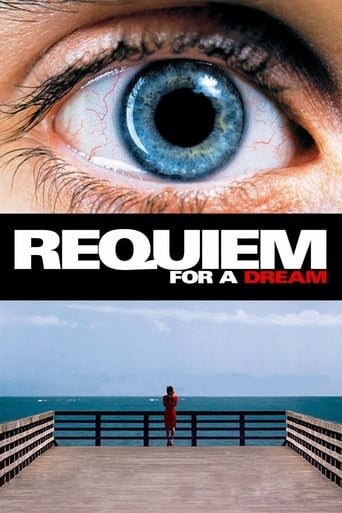
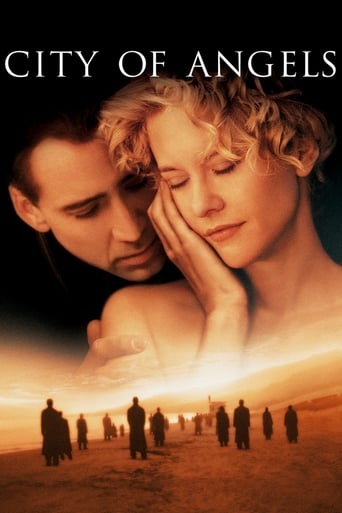

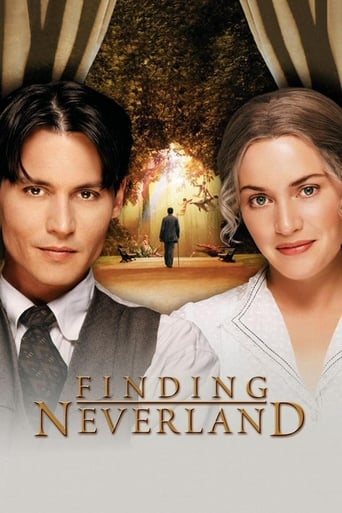
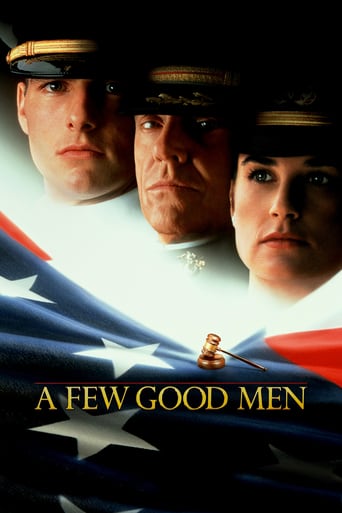
Reviews
You won't be disappointed!
Save your money for something good and enjoyable
Tells a fascinating and unsettling true story, and does so well, without pretending to have all the answers.
Let me be very fair here, this is not the best movie in my opinion. But, this movie is fun, it has purpose and is very enjoyable to watch.
Mishima seemed to be a person constantly trying to grasp (or become) his vision of ultimate beauty. Early in life, he saw beauty in women (Beauty chapter, weaved in with "The Temple of the Golden Pavilon"). Then he had sex, which made him realize true beauty didn't lie in women. Then he began to think that dying for a cause ("exploding like a firework") would be the only way he could reach this beauty. He was too cowardly, however, and didn't truly want to die. He then began to think that achieving a perfect body is the true form of beauty. Then finally, by training his army which he tried to make as pure as his art (by practicing samurai beliefs) and devising a plan to unite art and action, so that he could finally achieve "harmony of pen and sword", something he had always striven for.The way the film is structured is utterly genius. It is a wholly unique film. It is obviously cut into four chapters (all of which I've just described), Beauty, Art, Action, and Harmony of Pen and Sword. The film delves into each of Mishima's attempts to find true beauty, showing his real life past in black and white, and dramatizations of his novels in vibrant color with extravagant stage-like sets and lighting, cutting both his life and segments from his novel together to show how his life mirrored his art and vice versa, and finally, cuts between the very end of his life in color, leading up to his final "harmony of pen and sword" through his impassioned speech after kidnapping a military general, before finally freeing himself through death. The structure of the film in four chapters also represents how Mishima himself viewed his life: as a constant struggle to transcend mere superficial and materialistic forms of art and to free himself from his constant search to find beauty (which included his own body and novels, which were both ways to attempt to find true beauty). The style of the film is perfect for the subject, and this is one of the only films I've seen which could truly tell the complete tale of the life of an eccentric genius, and show us how he thought. The urgency of the constant score of the film also fits perfectly with the urgency of Mishima's search for beauty and the urgency at which he wrote.
This movie is a haunting telling of the life of the author and poet, Mishima. It jumps around through his past, through his last day, and through some of his stories but is expertly constructed as it moves from section to section. It captures the flavor of the man, his work and of his times...the difficult 1960s.I think the most wonderful parts (literally, full of "wonder") are the excerpts from his works. The sets (especially designed to work with the camera) are amazing....stylized, beautiful and effective. They could be used as exemplars for any set designer. I woke up at night dreaming of the Golden Pagoda. The stories were powerful explorations of the nature of man and of art. After watching this film, I wanted to learn more about the works of this artist.I highly recommend this movie for anyone interested in art, poetry, theater, politics, or Japanese history.
The film, original and hypnotizing depicting of the fascinating Artist's life through his writings, works, especially in the first two chapters, "Beauty" and "Art". They are nothing short of perfection if you ask me. Amazing blend of three different styles - quasi documentary of the last day in his life, black-and-white flashbacks of his earlier days and exiting and stylish color sequences of his novels "The Temple of Golden Pavilion" and "Kyoko's House" helps to understand the constant and tragic search of Mishima's protagonists for beauty and for meaning of art. Two last chapters, "Action" and "Harmony of Pen and Sword" seem weaker than the first two. Two hours are not enough to explore the figure of such complexity but the attempt is very interesting and adds to my interest in Mishima - a great writer, actor, director, a military man, a man who felt that he knew where the future of his country lied and who did not hesitate a second to die for his ideas.7.5/10
Spoilers herein.Paul Schrader isn't an accomplished man in terms of creating novel visions. But he is an alert and active thinker of things cinematic. Whatever he does is worth pondering, even when the picture itself is flawed in some ways. (And even when one of his Italian director friends changes his ideas.)In this case, we have what I consider his most complex notion: a film about a man who lived his life as if it were a film, moreover a film that he could and did write. Even that idea could have been handled in a pedestrian manner, by showing the man and his life. But except for the final suicide episode, Schrader doesn't show the `real' life -- instead he stages episodes from the writings, mostly in a Kabukified dream manner.Schrader's commentary on this DVD is one of the best I know. It remarks that though this life was based on fabrication, the movie was mandated to be based on truth. But the original fiction the subject created is preferred by the Japanese authorities (and apparently the public, still) so the thing has never been released in Japan and the Japanese financiers have denied being so.Adds another level of fabrication to an already rich project.Ted's Evaluation -- 3 of 3: Worth watching.


